This week we begin to read the Book of Shemot, or Exodus.
Shemot is full of stories we are familiar with from our Pesach Seders – the plagues, the resistance on the part of Pharaoh, and the final leaving of Mitzrayim, that place of constriction and narrowness, to begin the return to the homeland of the Israelites. It is a magnificent sequence of events that includes the giving of Torah at Mt. Sinai.
But the first parsha in Shemot opens with how all the peoples of the original 70 souls of the house of Jacob now “were fruitful, teemed, and became strong – very, very much so and the land became filled of them.” Was this actual fact or possibly a perception based on fear?
I’m five feet tall, yet I have often had people tell me they assume I am taller than I actually am. This aspect of what we might call projection is fascinating – as it is a quality both internally generated and externally perceived. If I feel strong and confident I take up more space – not necessarily physically, but my presence is felt as larger. We see this same mechanism play out today I think, with Jews. In actual numbers we are less than 0.2% of the world population yet the perception of many is that we have control far beyond what is actually possible. Many think Israel is vastly larger than it actually is. Etc.
I think about this as I read Shemot. A Pharaoh who did not know the Israelites decides to enforce their servitude. The reality of their lives is brutal. Finally, God waits for Moses, and then God’s Presence speaks to Moses from a bush, all aflame. Resistance ensues and finally as Moses agrees, he asks God how he shall tell the Israelites what God’s Name is. Ehyeh Asher Ehey – I will be what I will be. And so, as it evolves, will we. We will be what we will be. A people who have survived, a people who have grown in strength and determination and creativity. A people committed to working hard and bringing light – every Shabbat. We may only be .02%, but each of us is part of that 100% Jewish people.
Wishing all long life, healthy life, a good life,
With deep love,
Rabbi Lynn


Terumah
February 25, 2025 by Rabbi Lynn Greenhough • From the Rabbi's Desk
Shavua tov, a good week, everyone. This past Sunday evening many people, Jews and allies, stood together downtown in a light-filled vigil to honour the Bibas family and all hostages who are coming home to Israel, alive and dead. These are very challenging days as unimaginable horrors are visited upon Israel. We stand not just in vigil, but I hope, in the purpose of our covenant – to bring light into this world.More